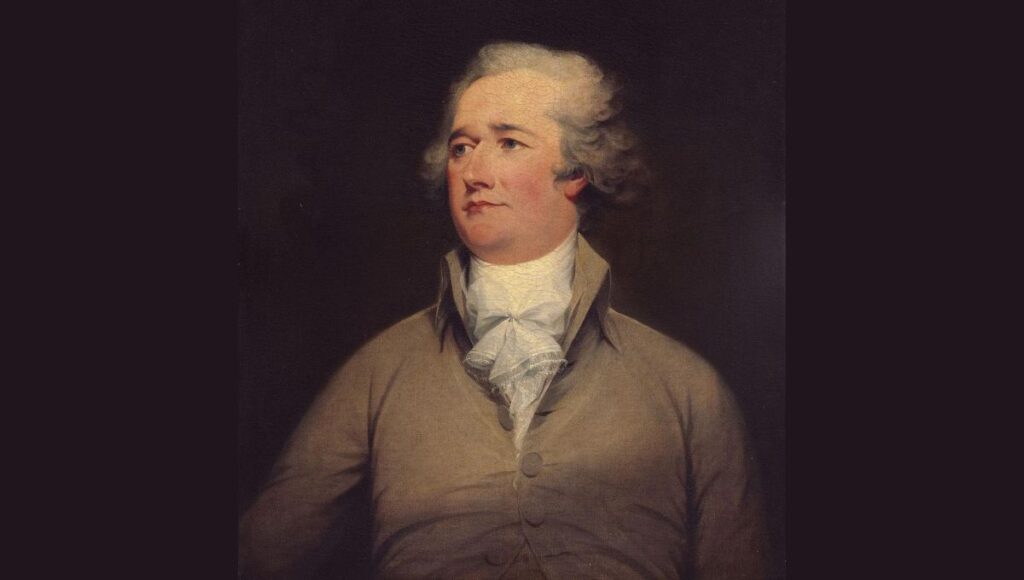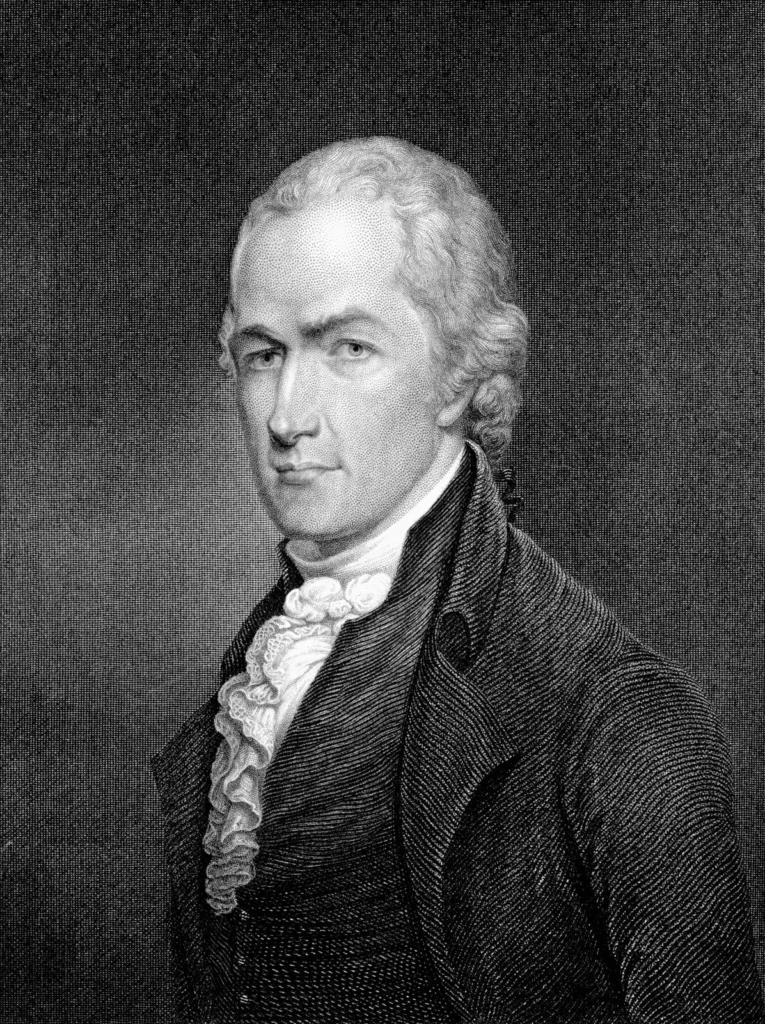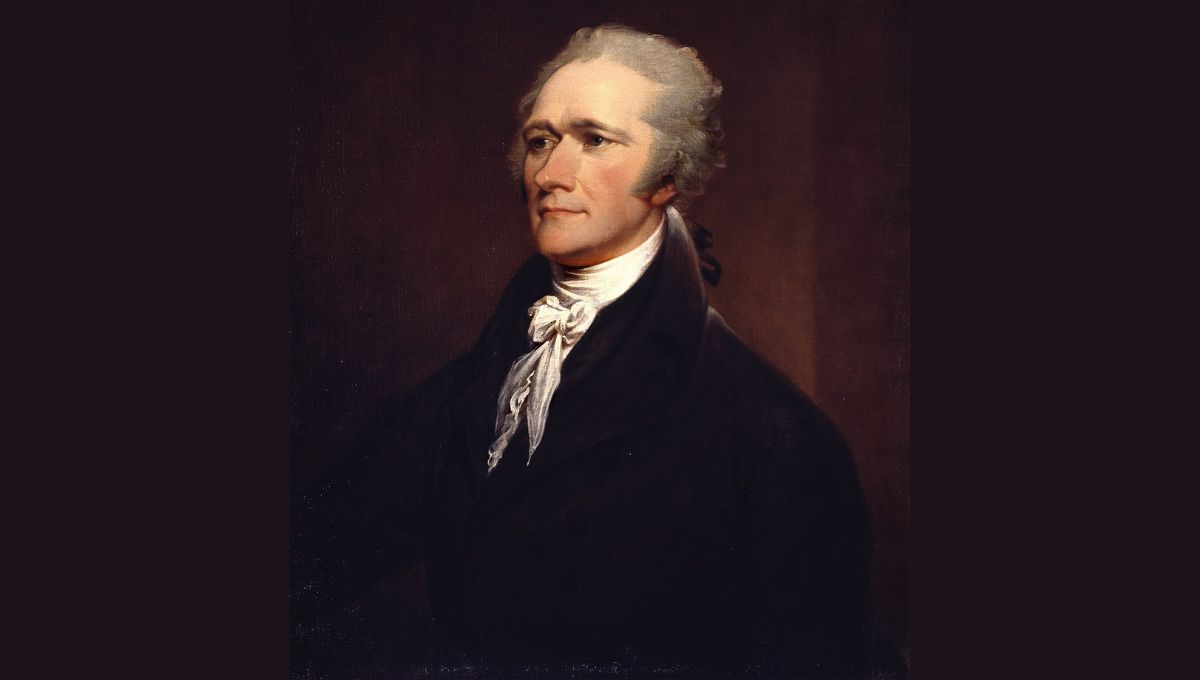Alexander Hamilton Ethnic Background, Family, Info, Nationality, Biography, Death, History, Wife
Alexander Hamilton Ethnic Background, Family, Info, Nationality, Biography, Death, History, Wife – Alexander Hamilton, born on January 11, 1755/57 in Nevis, British West Indies, played a pivotal role in shaping the United States. A New York delegate to the Constitutional Convention, a major author of the Federalist papers, and the first Secretary of the Treasury, Hamilton championed a strong central government for the nascent nation. This article delves into various aspects of Hamilton’s life, from his early years to his contributions during the American Revolution and his enduring legacy.
Alexander Hamilton Bio

| Name | Alexander Hamilton |
| Born | January 11, 1755/57 |
| Birthplace | Nevis, British West Indies |
| Died | July 12, 1804 |
| Death Place | New York, New York, U.S. |
Alexander Hamilton Early Life
Hamilton’s upbringing was marked by challenges. His father, James Hamilton, was a trader, and his mother, Rachel Fawcett Lavine, had a complex marital history. James abandoned the family in 1765, leaving Rachel to establish a small shop. At the age of 11, Alexander became a clerk, displaying early signs of ambition and industry. After his mother’s death in 1768, he became a ward of his mother’s relatives, and by 1772, his abilities led to advancement from bookkeeper to manager.
Alexander Hamilton Family
Hamilton’s family life was marked by both joy and tragedy. He married Elizabeth Schuyler in 1780, the daughter of General Philip Schuyler, a prominent figure in New York. The couple had eight children together: Philip, Angelica, Alexander Jr., James Alexander, John Church, William Stephen, Eliza, and Philip.
Tragedy struck the Hamilton family when their eldest son, Philip, died in a duel in 1801, three years before Alexander’s own fatal encounter with Aaron Burr. The loss of Philip deeply affected Hamilton and foreshadowed the challenges that would culminate in the famous duel with Burr.
Alexander Hamilton Relationships
One notable aspect of Hamilton’s personal life was his complex relationship with Aaron Burr. The rivalry between the two escalated over time, driven by political differences, personal conflicts, and Hamilton’s opposition to Burr’s political ambitions. This enmity ultimately led to the fatal duel in 1804, resulting in Hamilton’s untimely death.

Hamilton’s relationship with George Washington was one of mentorship and collaboration during the American Revolution. He served as Washington’s aide-de-camp and earned the general’s trust, handling important military missions and correspondence.
Alexander Hamilton Social Media Presence
| Click Here | |
| Click Here | |
| Click Here |
American Revolution
Hamilton’s journey during the American Revolution was characterized by bravery and service. Commissioned as a captain in the provincial artillery in 1776, he played a crucial role at the Battle of Trenton. His close association with General George Washington as an aide-de-camp showcased his strategic acumen and linguistic skills in dealing with French allies. However, a dispute in 1781 led to a temporary break with Washington, but he later commanded a battalion at the siege of Cornwallis’s army at Yorktown.
Early Political Activities
Post-war, Hamilton shifted his focus to law and politics. His analysis of the weaknesses in the government led him to advocate for a strong central government. As a delegate to the Constitutional Convention, Hamilton, though initially uncompromising, signed the new constitution despite knowing New York’s preference for revising the Articles of Confederation. His contributions to “The Federalist,” a series of essays defending the Constitution, showcased his writing prowess and political convictions.
Hamilton’s Financial Program
Appointed as the first Secretary of the Treasury by President Washington in 1789, Hamilton faced the task of establishing the nation’s credit. His financial program, outlined in reports to Congress between 1790 and 1791, aimed at funding the national debt, assuming state debts, and establishing a national bank. Hamilton’s ideas, though met with opposition, laid the groundwork for economic stability and growth.
Establishment of Political Parties
Hamilton’s policies, especially his financial program, contributed to the emergence of national political parties. Despite his initial aversion to parties, he became the leader of the Federalist Party, while the Republicans, led by Thomas Jefferson and James Madison, opposed his ideas. The struggle over Hamilton’s program fueled the formation of political factions, undermining his hope for a government above party politics.
Out of the Cabinet
Hamilton’s departure from the cabinet in 1795 marked a turning point. While his influence remained strong, he faced criticism and sought to repair his private fortune. He continued advising Washington, but the rift between Federalists deepened, leading to Hamilton’s diminished role within his own party.

The Burr Quarrel
The final chapter of Hamilton’s public life involved a bitter feud with Aaron Burr. Hamilton’s opposition to Burr’s political ambitions culminated in a fatal duel on July 11, 1804, where Hamilton lost his life. The incident further strained Federalist unity and marked the end of Hamilton’s political career.
Legacy
Hamilton’s legacy is multifaceted. A man of action and ideas, his administrative genius and nationalist vision left an indelible mark. His economic, political, military, and diplomatic contributions aimed at strengthening the Union. While his personal clashes and impulsive decisions added drama to his life, Hamilton’s enduring monument was the Union itself, influenced by his ideas.
Conclusion
Alexander Hamilton’s life encapsulates the complexity and dynamism of the early American Republic. From his humble beginnings to his influential role in shaping the nation’s foundations, Hamilton’s journey is a tale of ambition, resilience, and political prowess. His legacy lives on not only in the pages of history but also in the enduring structures of the United States that bear the imprint of his ideas and actions.
Also Read,
- Ali Wong Ethnic Background, Wikipedia, Husband Family, Boyfriend 2024, Age, Instagram, Height, Net Worth
- Leo Reich Wikipedia, Wiki, Age, partner, Father, Biography, Parents, Tour
- Emma Louise Jones Wikipedia, Wiki, Husband, Relationship, Boyfriend, Age, Married, TikTok, Birthday
What was Alexander Hamilton famous for?
Alexander Hamilton was famous for being a Founding Father of the United States. He played a crucial role in the American Revolutionary War, contributed to drafting the Constitution, and served as the first Secretary of the Treasury. Hamilton is best known for being the founder and chief architect of the American financial system.
What happened with Alexander Hamilton?
Alexander Hamilton tragically lost his life in a duel with Aaron Burr on July 11, 1804, in Weehawken, New Jersey. The duel resulted from a longstanding rivalry and personal conflicts between the two prominent figures. Hamilton was fatally wounded in the duel and passed away the following day.
Why did Hamilton and Burr duel?
The duel between Hamilton and Burr was prompted by a series of personal and political conflicts. The final straw for Burr was the publication of a letter in a newspaper that allegedly demeaned Burr’s character. Burr demanded Hamilton either apologize or explain the insults. When Hamilton remained silent, Burr challenged him to a duel. Dueling was not uncommon during that time, and both men had previous experience with such encounters.
When did Alexander Hamilton quit?
Alexander Hamilton resigned from his position as Secretary of the Treasury in 1795. Facing personal financial pressure and receiving an annual salary of only $3500, Hamilton decided to leave the government. After resigning, he joined the New York bar but maintained close contact with President Washington, offering financial advice to his successor, Oliver Wolcott.
What are 10 facts about Hamilton?
Here are 10 essential facts about Alexander Hamilton:Hamilton was born in Nevis, British West Indies.
He fought with honor in the Revolutionary War.
Hamilton was a self-taught lawyer, mostly learning through his own efforts.
His writing skills enabled him to leave the Caribbean and pursue opportunities in the American colonies.
Hamilton played a crucial role in promoting the Constitutional Convention of 1787.
He was a key author of the Federalist Papers, defending the new Constitution.
Hamilton served as the first Secretary of the Treasury under President George Washington.
His financial program aimed at establishing credit and strengthening the national government.
Hamilton’s image is featured on the U.S. $10 bill.
The critically acclaimed musical “Hamilton,” created by Lin-Manuel Miranda, brought renewed attention to his life and legacy.

